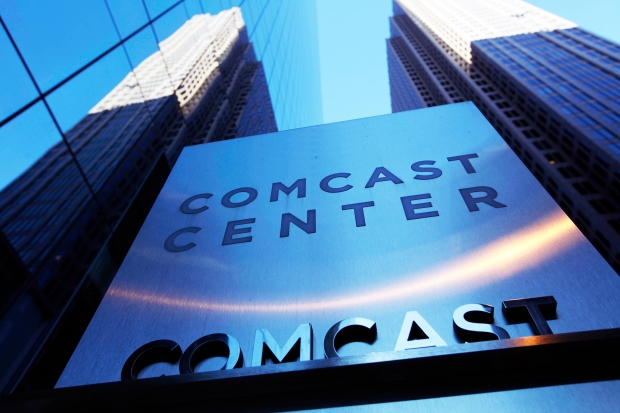Now Comcast has changed its promise and pulled back from previous statements that it won't charge websites or other online applications for fast lanes.
Specifically Comcast has deleted a "no paid prioritisation" pledge from its net neutrality webpage on the very same day that the Federal Communications Commission announced its initial plan to repeal net neutrality rules.
Ars Technica has tracked how Comcast’s webpage has changed.
In 2014, the webpage, corporate.comcast.com/openinternet/open-net-neutrality, contained this statement: "Comcast doesn't prioritize internet traffic or create paid fast lanes."
On April 27, the paid prioritization pledge was nowhere to be found on that page and remains absent now.
That was after FCC Chairman Ajit Pai announced the first version of his plan to eliminate net neutrality rules. Since then, Pai has finalised his repeal plan, and the FCC will vote to drop the rules on December 14.
Now Comcast is saying:-
It will not block, slow down, or discriminate against lawful content.
It believes in full transparency in its customer policies.
It is for sustainable and legally enforceable net neutrality protections for its customers.
The current pledge contains no promise related to paid prioritization, one of the three major activities outlawed by the current net neutrality rules. Blocking and throttling are the others.
While the Comcast webpage used to say that it "won't" block or throttle lawful Internet content, it now says that "We do not block, slow down or discriminate against lawful content".
Comcast Cable CEO Dave Watson also detailed Comcast's current net neutrality promises in a blog post last week. Though he said that "Comcast does not and will not block, throttle, or discriminate against lawful content", he made no promises related to paid prioritisation.
Looks like it is spinning to slowly adapt its customers to the concept of making high traffic websites pay more for internet use.




